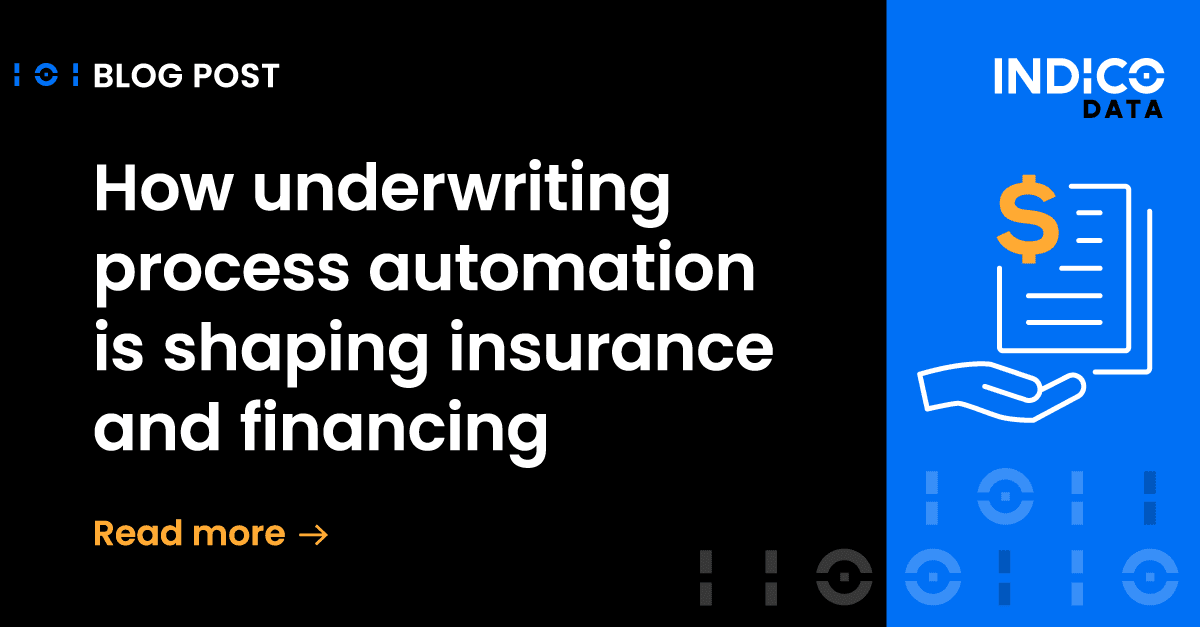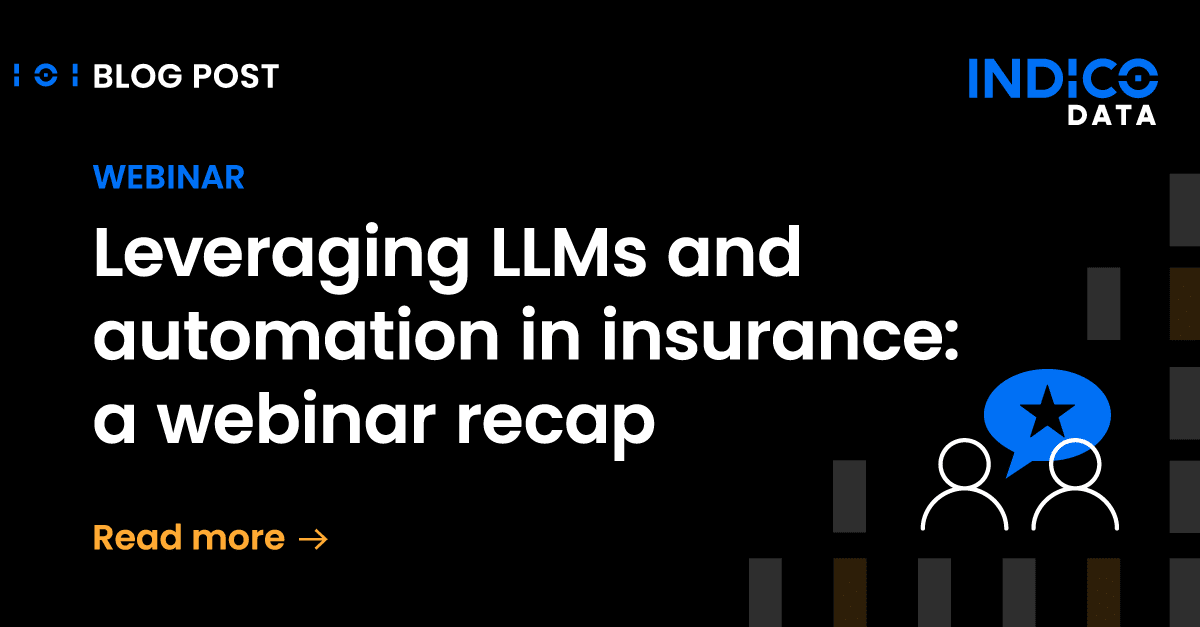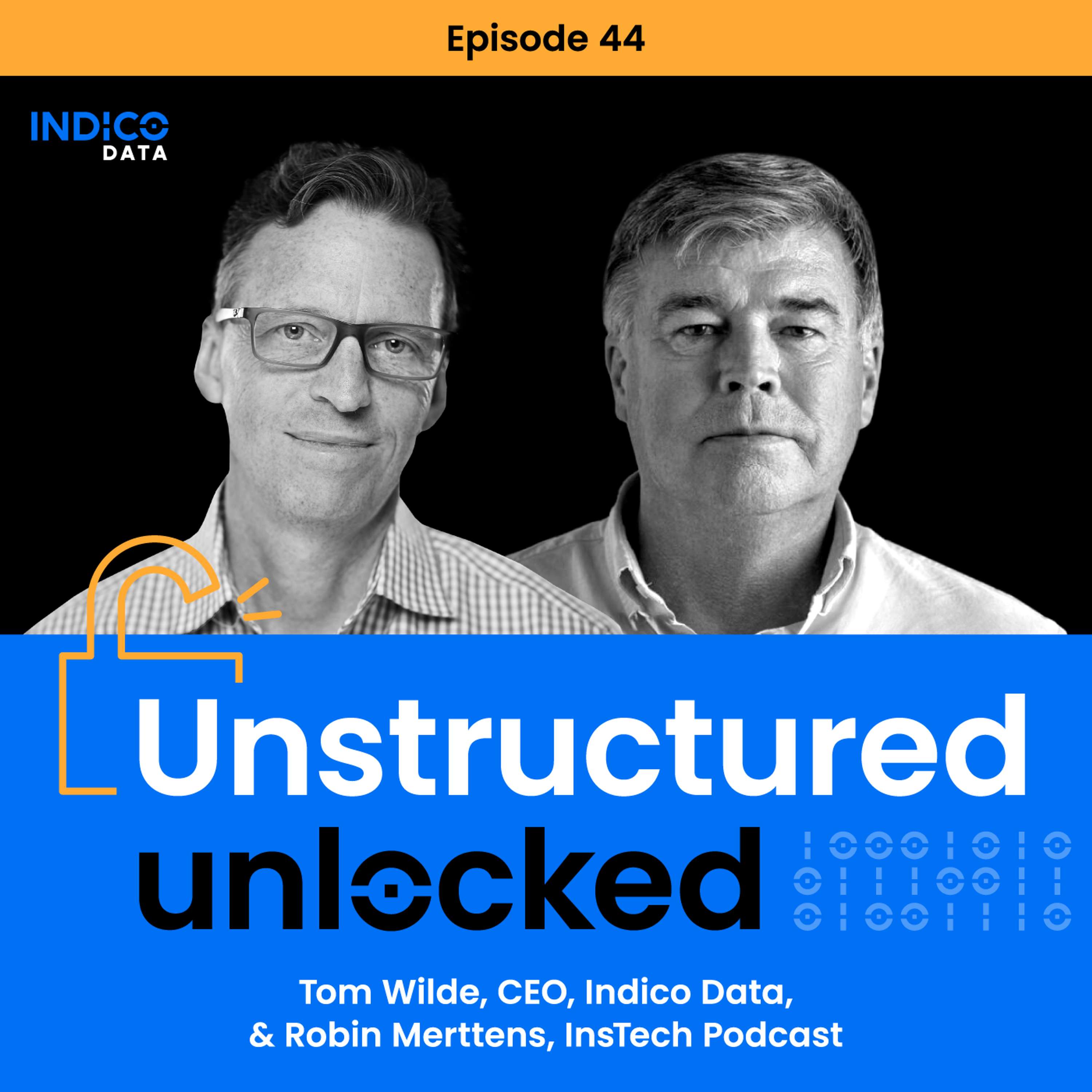Our last post discussed how companies often find automation solutions that enable them to address rather simple use cases involving structured data but hit the wall when it comes to more complex processes. Using robotic process automation for insurance claims automation is one such instance where that’s often the case.
It’s an issue because insurance companies embark on digital transformation journeys, transforming businesses by digitizing many processes that are now mainly analog and labor-intensive. In many cases, they’ve started down that path with RPA tools and likely got some quick wins but hit a wall regarding claims process automation.
Limitations of RPA claims processing
Perhaps insurers automated processing some highly structured documents such as online applications or used RPA to do some screen-scraping, both of which save time for humans. The key to success with RPA for insurance and templated approaches to automation is working with highly structured documents and a deterministic process.
But that’s the tip of the iceberg when you’re talking about true digital transformation. Consider the insurance claims process. It involves a slew of documents and images, including an adjuster’s free-form notes and estimates from auto body shops or contractors and medical reports depending on the type of claim. Virtually none of these documents are structured, so RPA and templated automation approaches will be of little to no help when looking to automate the processing of claims.
Related Content: Discover how we help Insurance Firms Automate the Processing of Unstructured Claims Data
Unstructured data requires AI
Dealing with unstructured data is where the real opportunity lies in terms of achieving true digital transformation. What’s required is process automation technology that enables companies to scale human decision-making. Process automation is applied to use cases involving hundreds of thousands of complex documents consisting of long-form text, tables, images, and more.
Achieving that for automated claims processing requires artificial intelligence technology. Many vendors claim to have added AI to their existing product, addressing a broader set of use cases involving semi-structured and unstructured content. But when customers try to implement these products, they find the tools are glorified templates and rule engines that can’t address use cases such as claims processing that involve complex documents. (For more on this topic, see our previous post outlining the shortcomings of templated approaches and another on how to identify AI imposters.)
The specific AI technologies required to automate claims processing include natural language processing (NLP), which is the ability for the AI program to read and comprehend a document much like a human would. Another is transfer learning, a type of machine learning that allows lessons learned while addressing one problem to be applied to another, different issue.
Efficient automation for insurance claims
In insurance claims process automation, AI technology applies to various documents involved in the process, including images. An intelligent process automation tool “reads” the documents (thanks to its NLP capabilities). Next, data is classified by category and salient data is extracted – customer name, account number, nature of the claim, dollar amounts – for input into the company’s downstream claims processing system.
Over time, the automated process would become increasingly efficient because the transfer learning component applies the knowledge gained to different areas. Maybe initially, the program can only identify photographs that show damage to a car, while later on, it can differentiate a car from a truck.
The key to insurance claims process automation is empowering the employees on the front lines who carry out the process and know it inside out to train the process automation tool. Indico’s Intelligent Process Automation platform is designed for business people; no data scientists required. Business people create automation models by marking up a few dozen documents, teaching which data points are most important.
From there, the tool uses transfer learning to apply what it knows to other documents it’s never seen before and extract the same key-value pairs needed. There’s no need to train it on every single variation of a document you may encounter – a huge differentiator from templated approaches and RPA.
Related Content: How Intelligent Process Automation Complements RPA: A Use Case
Transformative change
IPA is the kind of technology that can bring transformative change to an insurance company or any company that deals with document-intensive processes. An 85% reduction in process cycle times and a 4x increase in process capacity are not uncommon outcomes.
Contact us to schedule a demo and see for yourself. Or download this white paper from experts at the Everest Group, “Unstructured Data Process Automation.”





